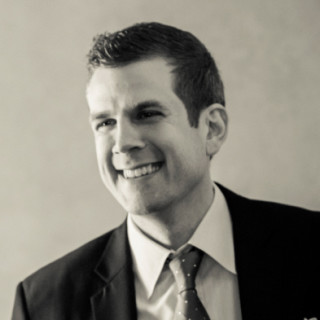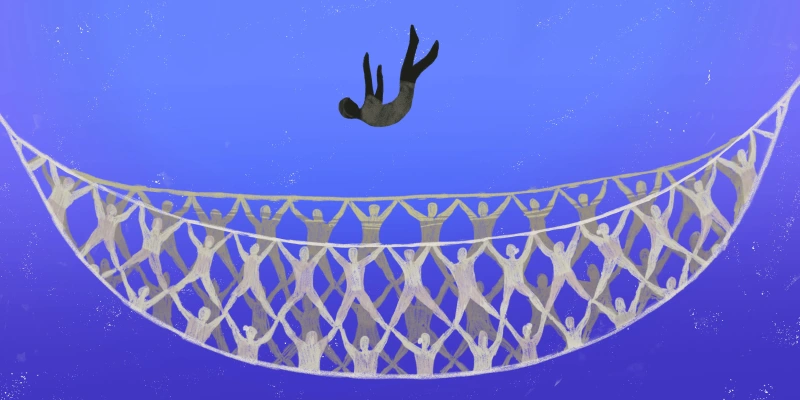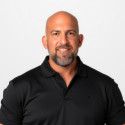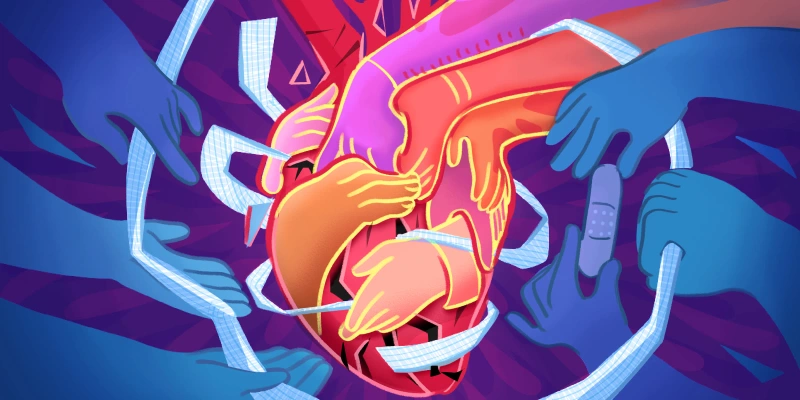
Do more. Work harder. Be better.
This has been the message throughout the last 15 years of academic life and still rings true as I approach my final year of residency. Since high school, when the mantra was “Take more AP classes so that you can acquire a second major faster and get more research done in college,” simply getting by has not been an option. And let’s face it — this was sound advice that got me where I am today. We’ve likely all been heeding it and can attribute our career advancement directly to this drive. But recently, when faced with the decision on whether or not to pursue a fellowship, an attending told me something somewhat counter to the advice I’d received all the way along…
“Eventually, you will get to a point, and say, ‘This is enough for me.’”
“Enough?” I thought we stripped that word from our vocabulary when we embarked on the quest to become physicians. But here I stand, at a transitional point in my career, where I will soon be done with proper training, and for the first time I’m being told that I will get to a point where I need not strive to do more, excel harder, or find another area of my personal life to sacrifice.
Why do we take on more projects and work, and the responsibility that comes with them? I would posit that we push ourselves to become what we believe to be the best versions of ourselves. What makes that hypothetical persona “best?” A stacked CV, professional clout, and bigger salary?
It doesn’t matter what it is that we are after; what does matter is that we are on the self-paved road to become the best we can be. Therefore, the most important actionable plan is to make the decision for yourself of what it means to be the best. Is your vision to be the celebrated cardiac surgeon with the best patient outcomes and national recognition? Or, is your desire to put your family first and fit your career into the schema of a wife and mother who refuses to miss any important family events? Maybe you have dreams of becoming a program director and will stop at nothing to improve resident education at your institution. Whatever it is, let this defining vision be behind everything you take on.
The only way to reach that place is to get comfortable saying “no” to tasks and obligations that do not bring you closer to that goal. Saying “no” is not a comfortable thing to do, but it’s a crucial word in getting you to where you want to be with less distraction and roadblocks.
How can we possibly know how much is enough? It starts and finishes with you. No one understands your drive, goals, and inspiration, and how these all fit into your life better than you. While turning down work and delivering the occasional “no” is difficult thing, it shelters you from being used. It’s your protection from living your life at the beck and call of others, allowing you to live according your own values.
The art exists in finding the point that is enough. Maybe it’s by bolstering your clinical work with occasional research. Or maybe you prefer to be a working stiff who gets through their seven-day shift and devotes 100% of your non-clinical hours to being a wonderful parent and spouse. Luckily, this point does not have to be predetermined. We can modulate our ambition as the demands of non-hospital life allow.
As time goes on, life fills with more “true” obligations, like child care, elder care, and spousal compassion. So, it is important to consider where you are in your career. Many of these must-do’s are cumulative, so, naturally, the easiest time in your career to keep taking more on is in its earlier phase. Get in the habit of ambition early on and hang onto it as long as it feels right, without letting yourself succumb to burnout.
When and if it becomes too much, it’s okay to slow down, drop the activities that aren’t bringing you that which you desire, and refocus your efforts on the parts of life that are most meaningful.
Now, before the comment board fills up with out-of-contexters who distill this down to, “So you are telling me to cash out? Just stop trying? Stagnate?” please understand that it is not the message I am sending. As physicians, we should never stop striving to learn more, to treat our patients better, and to keep up with the literature, advances, and changes in our respective fields. However, we are not all destined to become department chairs and world-renowned experts in our fields.
To those who maintain career ambitions of the sorts, we applaud you, and godspeed in the quest. To those who simply want to be excellent clinicians and amicable co-workers, there is room for you too. It might not be at the top of your field, but maybe being there doesn’t concern you, and that’s quite all right. Passions outside of medicine might battle for your limited hours in the day, and your limited time on this earth. By knowing the life you aspire to live, and the person you aspire to be, the right balance will find you, as will success and happiness.
Brian Radvansky, MD, is an anesthesiologist in Philadelphia, PA. He is a 2018–19 Doximity Author.







